Mitsutaro Yamaoka Kotaro is an unusual historic figure, born in 1880 in Fukuyama, a city in the Hiroshima prefecture. He studied Russian at the Tokyo School of Foreign Languages (now the Tokyo University of Foreign Studies) and joined the army as a volunteer soldier after the Russo-Japanese Conflict broke out, “in the year of his graduation,” Japanese scholar Hirofumi Oki wrote in a 1998 thesis titled Umar Mitsutaro Yamaoka (1880-1959): A Study of His Thought and Contributions to Da’wah. “He departed for the front as an army interpreter with the Tenth Division.”
“No event signaled Japan’s new status on the world stage more than the defeat of imperial Russia in the Russo-Japanese War of 1904-5,” UCLA professor and historian Nile Green wrote in a 2013 paper titled Forgotten Futures: Indian Muslims in the Trans-Islamic Turn to Japan. “From Istanbul to Tehran, from Kabul to Singapore, Japan’s victory was greeted by Muslim anti-imperialists as proof of the vulnerability of Europe’s empires.”
After the war, Yamaoka stayed back in Manchuria and taught Russian to officials working for the Japanese military administration. While he was still on the frontier, Yamaoka became a member of Black Dragon, or Heilong Jiang, the Chinese paramilitary.
In 1909, the Black Dragons reached out to Abdurreshid Ibrahim, a Volga Tatar exile and writer who was looking to organize Crimean Tatars and start a rebellion against the Russian tsar. Under the guidance of the Black Dragons, Yamaoka met Ibrahim in 1909 and decided to accompany him on a pilgrimage to Mecca. Before Yamaoka, no one from Japan had performed the Hajj, although there were some Japanese converts to Islam.
“He was not only given a favor of special meeting and dining with the Hashemite Sherif Husain but was privileged even to see inside the Ka’bah,”
The Japanese spy’s initial plan was to visit the holiest Muslim sites without converting to Islam, but Ibrahim revealed his Japanese friend’s secret to the Tatar pilgrims. “This gave rise to such a commotion that he witnessed the Shahadah (the Muslim profession of faith) on the spot and was given an instant Islamic education by Ibrahim,” Japanese Islamic scholar Kojiro Nakamura wrote in the paper Early Japanese Pilgrims to Mecca. After converting to Islam, Yamaoka officially became Umar Mitsutaro Yamaoka Kotaro.
The pilgrims set sail from Bombay’s Yellow Gate in the third week of November 1909 and arrived in Jeddah after a rough three weeks. By this time, Yamaoka, who was once a proponent of the Shinto faith, became a practicing and devout Muslim. Thanks to Ibrahim, the Japanese pilgrim was warmly received in Mecca. “He was not only given a favor of special meeting and dining with the Hashemite Sherif Husain but was privileged even to see inside the Ka’bah,” Nakamura added.
After performing the Hajj, Yamaoka traveled to Beirut, Damascus, and Constantinople, receiving tremendous attention and hospitality in every city he visited, since he was the first Japanese Hajji.
Yamaoka spent the next five decades writing several articles and books about Islam in Japanese, describing the treatment he got in Mecca as his “greatest honor”. In 1912, he published the first Japanese book on the Hajj. He also translated parts of the Quran into Japanese.
His promotion of Islam brought him under the pressure of the military authorities, but “despite that, he continued to take an active part in Islamic activities in Japan and in the spring of 1938, he founded the Islamic Culture Association,” wrote Hirofumi Oki. Yamaoka also approached the Russian-speaking community in Tokyo to help build the city’s first mosque, which was finally built in 1938. The first imam of the mosque was Abdurreshid Ibrahim, by then a subject of the Japanese Empire.
Truly, hearts can turn towards faith in the strangest ways.

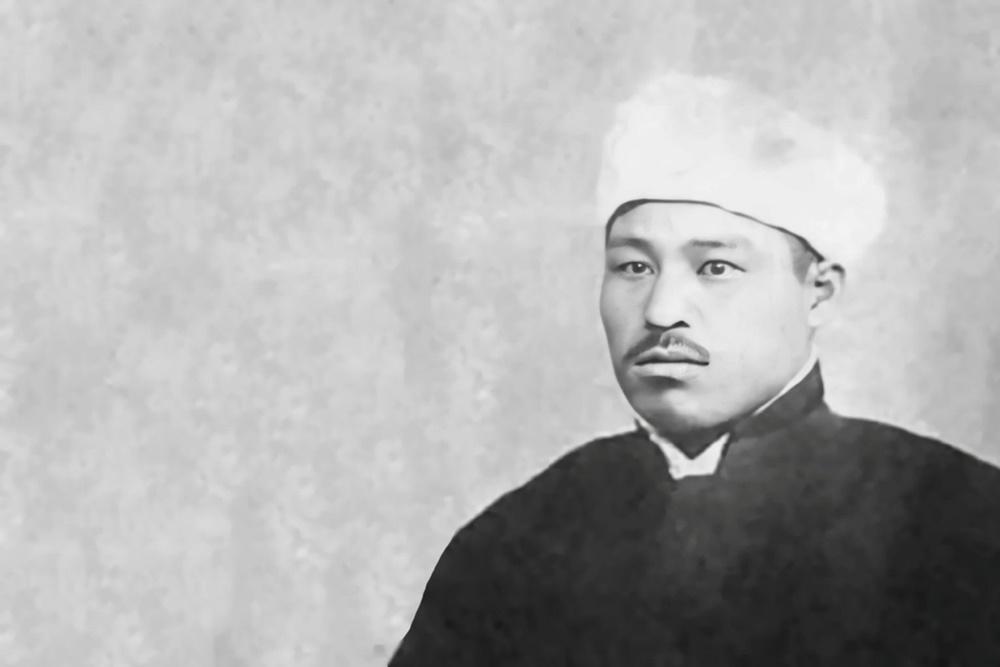

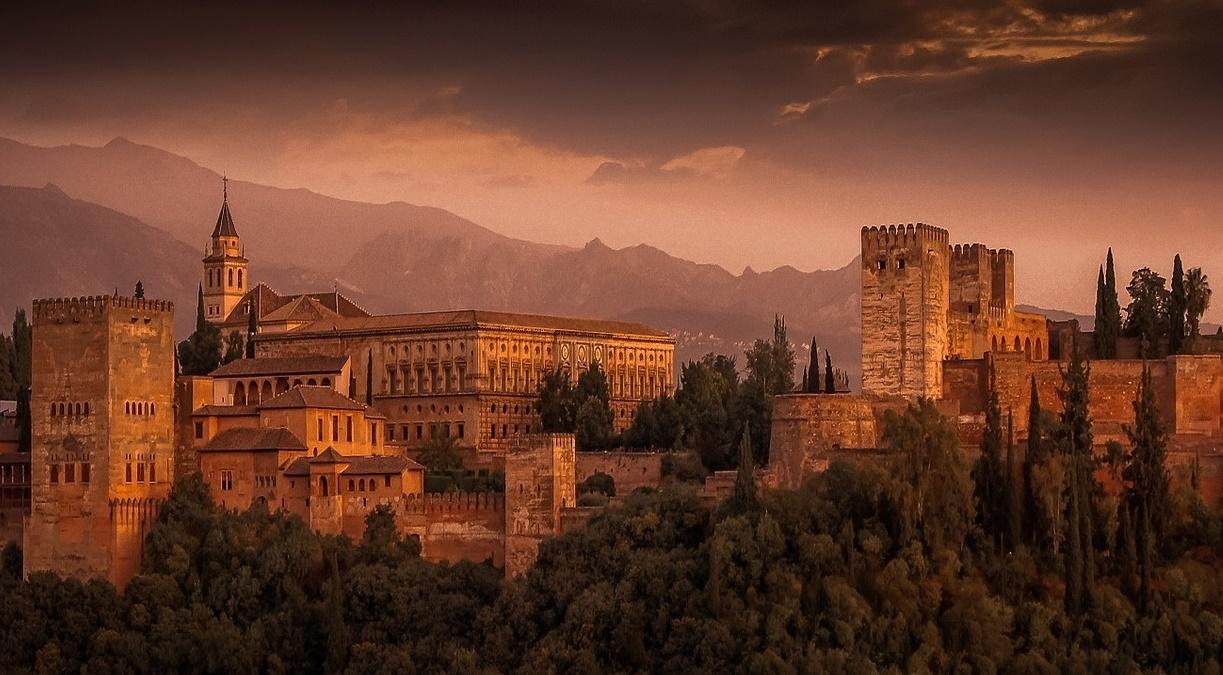
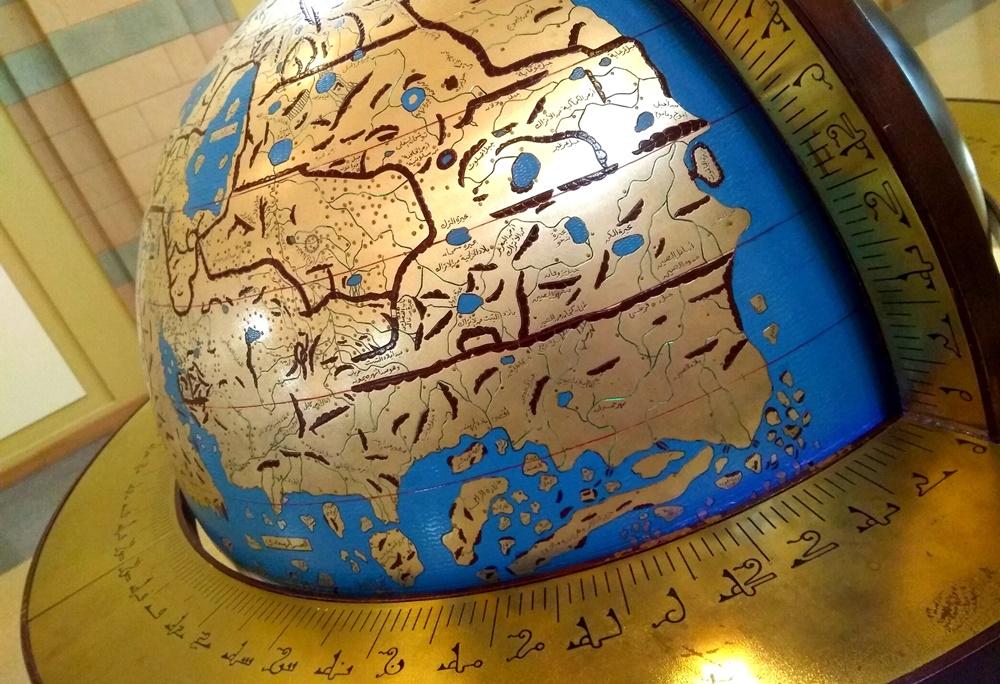
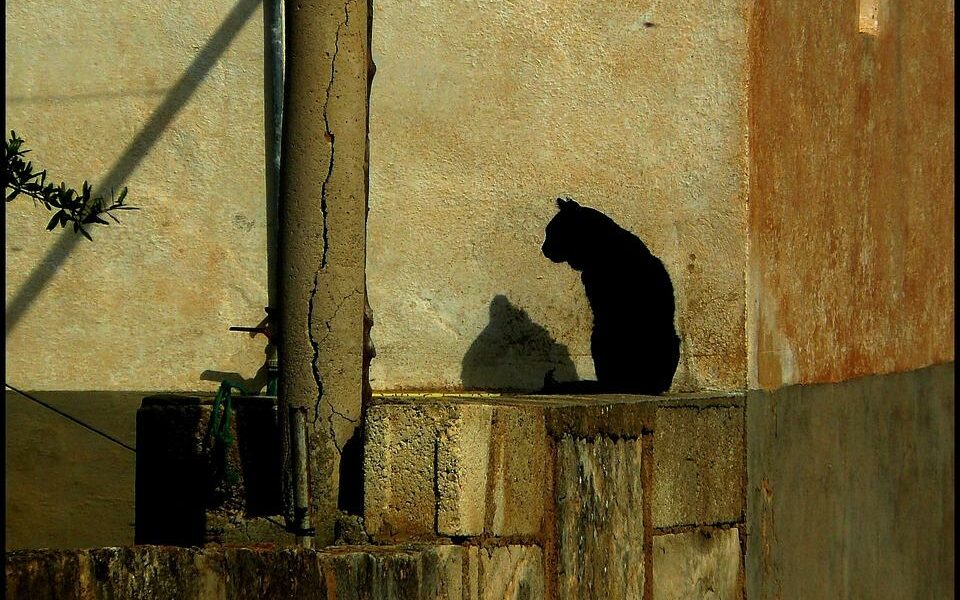
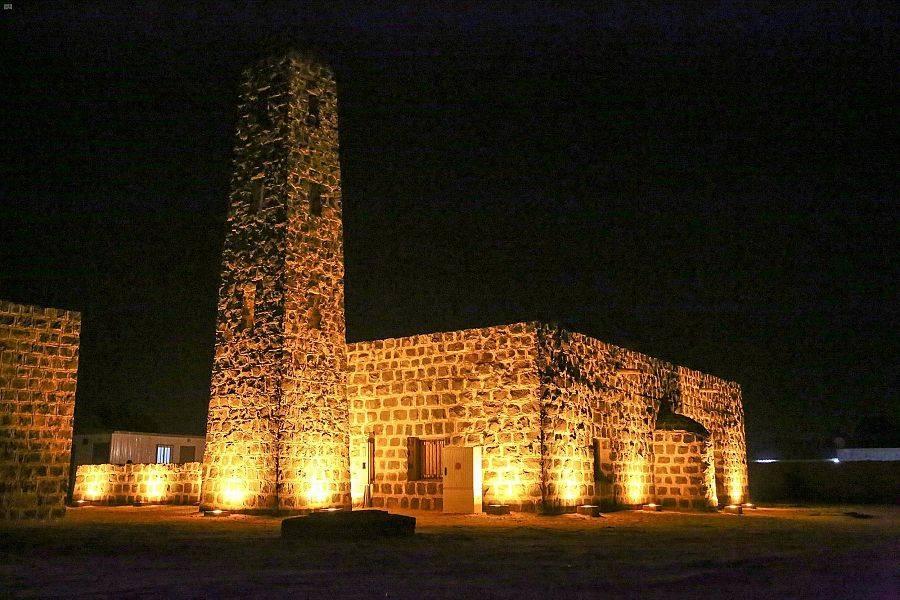

 Dr. Bilal Philips
Dr. Bilal Philips